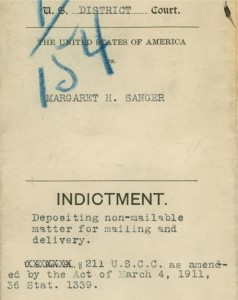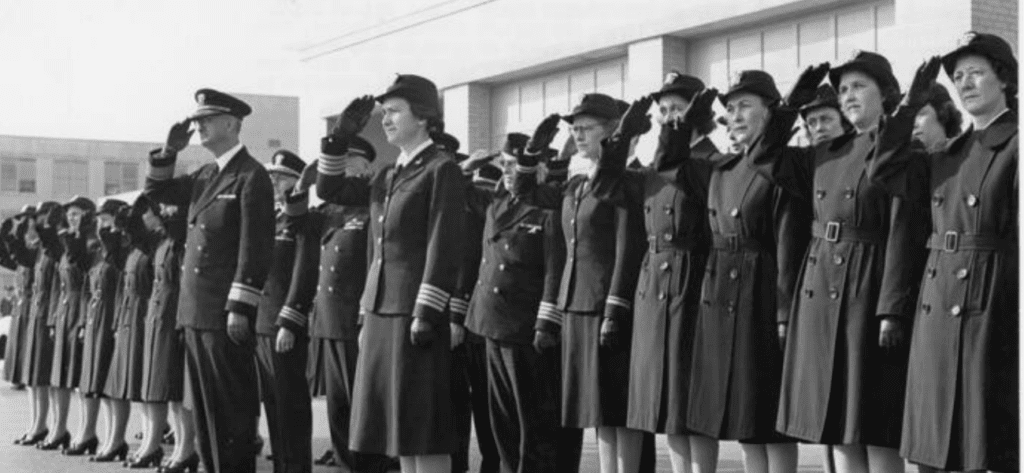The 1873 Comstock Act defined birth control as obscene and made it a Federal offence to send contraceptive devices or references to it through the mail.
Sanger was indicted for “depositing non-mailable matter for mailing and delivery.” But times had changed, and the public pressured the Government to drop the charges. Sanger lived to see her battle vindicated. In 1965, when Sanger was 81, the Supreme Court ruled in Griswold v. Connecticut that laws banning contraceptive use violated the right to privacy.
Indictment of Margaret Sanger, 09/25/1914, 021; Records of the District Courts of the United States. National Archives at New York City.
This document is being featured in conjunction with the National Archives’ National Conversation on Women’s Rights and Gender Equality.
The “National Conversation on Rights and Justice” is presented in part by AT&T, Ford Foundation, Seedlings Foundation, Carnegie Corporation of New York, and the National Archives Foundation.
Special thanks to Perkins Coie for their support in this event in New York City.





